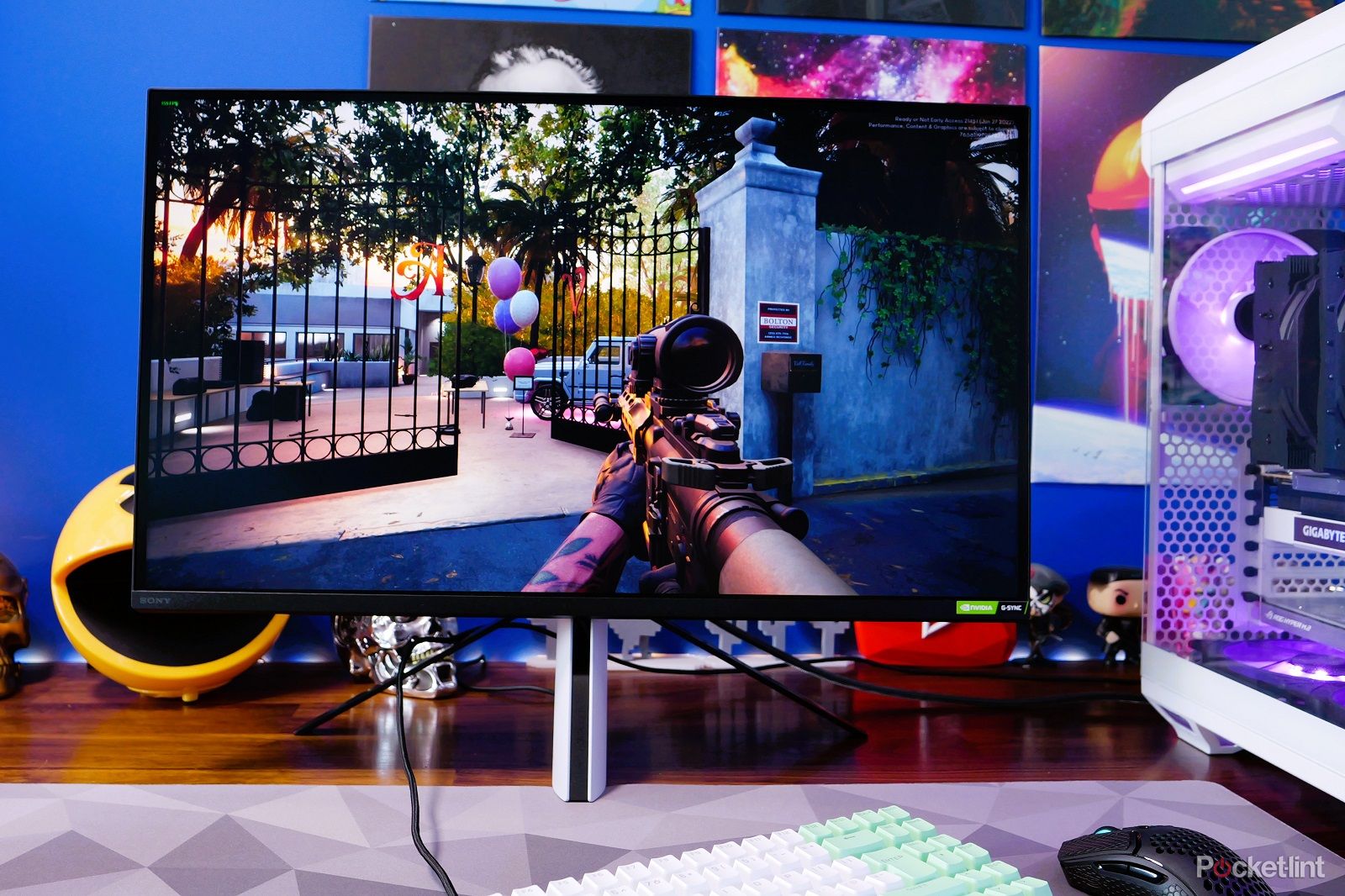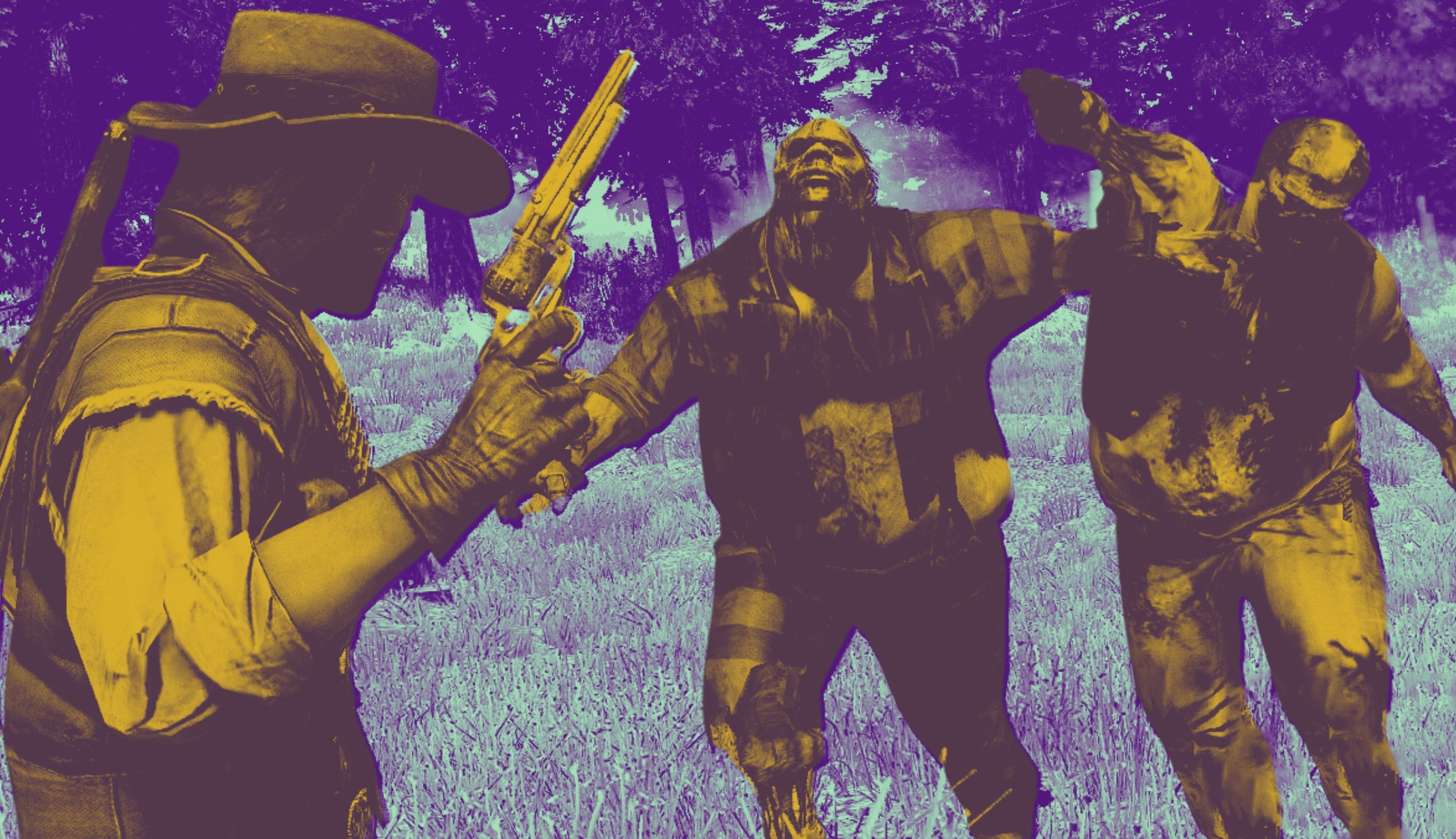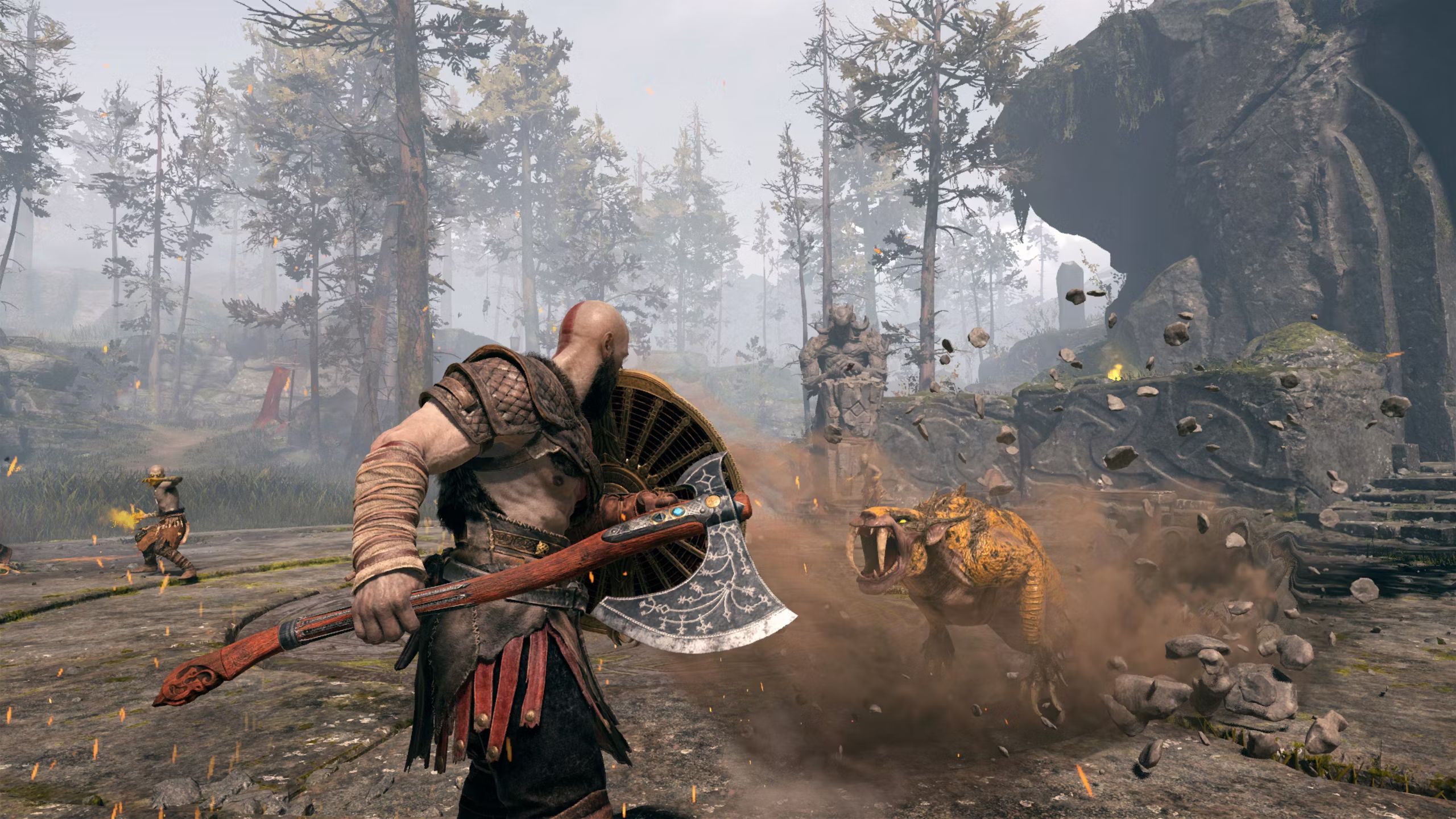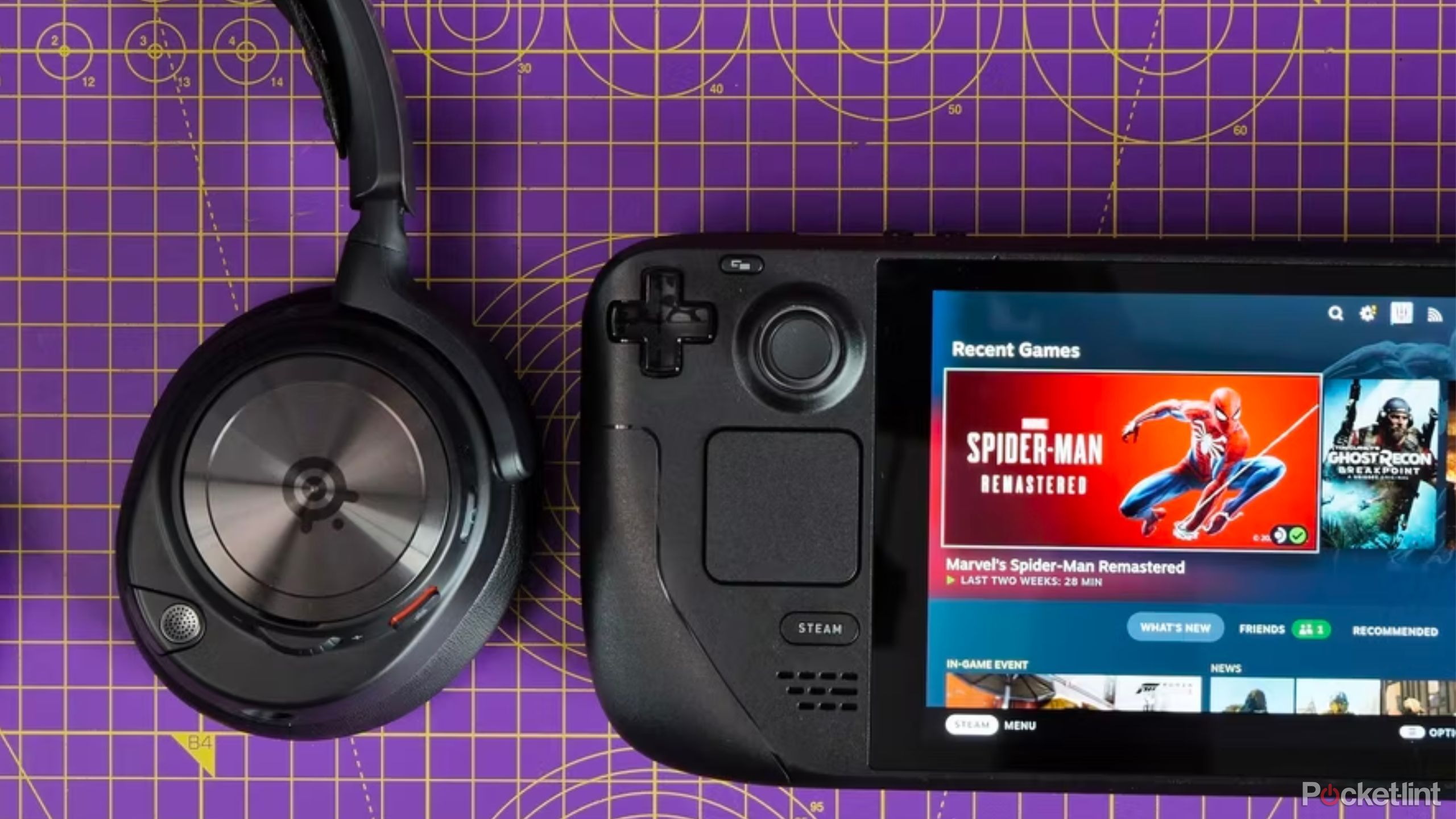Key Takeaways
- The gaming industry is experiencing massive job cuts, leading to specialized talents struggling to find new opportunities.
- Studio closures are contributing to fewer games and less diverse content, impacting the overall gaming landscape.
- Rising game costs and longer development times are creating challenges, while publishers remain fixated on live service games despite mixed results.
If you’ve been buying and playing PC games the way you’re supposed to, it’s easy to assume that PC gaming as a whole is going swimmingly. There are plenty of titles being released every week, many of them amazing — if you bought all the most popular games released in any given month, you’d probably be busy for a year. And while the costs of triple-A games are going up, it’s still easy to find excellent indie games for cheap.
There are some warning signs, however, that the industry is headed in a dark direction, and it won’t look the same when it emerges on the other side. I’ll tackle these signs one-by-one, but end on a hopeful note, since I don’t think the situation is as dire as some people imagine.
Upcoming PC games: 13 new games I can’t wait to play
Here are the most anticipated PC games set to launch in 2024 and beyond — from epic survival sagas to intense shooters.
1 Massive layoffs at game developers
Creative games need experienced creators
Electronic Arts
In the past two years, job cuts have impacted thousands worldwide. Approximately 8,500 people lost their jobs in 2022, followed by 11,250 in 2023, according to Statista. January 2024 alone saw another 6,000 added to those ranks. Those numbers might not sound so bad when you spread them across many companies and countries, except that a lot of the labor involved is highly specialized — level designers can’t suddenly become architects, for example. That means that some people may need to be re-hired at another studio or take a gamble on a radically different career.
Why is this happening? The consensus seems to be that it’s (primarily) an industry contraction in the aftermath of the COVID-19 pandemic, during which there was a surge in consumer interest. Some companies may have become overly optimistic, or even gone in realizing that they’d have to shrink again when demand subsided. Either way, layoffs tell us that profits aren’t exactly through the roof, and that we may be losing valuable talent.

11 must-try optimization tips for a better PC gaming experience
There are a few things that you can do to optimize your PC for gaming. Here’s how, from using Game Mode to setting your monitor refresh rate.
2 Studio closures
More consolidation and fewer surprises
Tango Gameworks
This is obviously related to the layoff issue, but it’s one thing for a studio to lose part of its workforce — it’s entirely another for it to close completely. A number of prominent studios have been shuttered recently, the biggest headline grabbers being four closed by Microsoft: Arkane Austin, Tango Gameworks, Alpha Dog Games, and Roundhouse Games. Arkane did put out the disastrous Redfall, but Tango had a surprise hit with Hi-Fi Rush, making its shutdown somewhat confusing. Microsoft is funneling some of these people back into high-profile games at brands like Bethesda — yet what does it say when a successful product isn’t enough to let a studio survive on its own?
When studios fold, it typically means fewer games being produced, and less diverse content. Yes, we might enjoy the benefits of Arkane staff working on the next Elder Scrolls — but who knows what we might’ve got if they were left to their own devices? They did make 2017’s classic Prey, after all.

9 must-have PC gaming apps that I install on every new rig
If you have a gaming PC, whether it’s a desktop or laptop, make the most of it with these essential apps.
3 Games are getting more expensive, and taking longer
Ride or die isn’t a business strategy
Sony Interactive Entertainment
Some triple-A titles now cost $80 US. That price can still be worth it if the game lasts a long time, like a 50-hour RPG, but it’s also a threshold where people start to question what else they could be doing with their money. It’s enough cash to spend a few nights at the movies, or subscribe to a favorite streaming service for several months. You could also put the money towards Xbox Game Pass, or simply two or three indie games that are just as fun.
$80 pricetags are a symptom of a larger problem, however, which is that those triple-A games can often take several years to make at a cost of tens or even hundreds of millions of dollars. Budgets are bound to go higher as people expect improved production values, meaning that some publishers are going to be even more risk-averse for fear of destroying themselves. In the interim, they’ll be putting out few if any small games.

8 must-see indie game trailers from the Triple-I Initiative showcase
This year saw the first Triple-I Initiative showcase, complete with some big indie game reveals to keep an eye on.
4 Publishers are still hooked on live service games
Chasing the end of the (capitalist) rainbow
Square Enix
Superficially, a live service game is the obvious thing to choose if you want something that generates long-term profits. You get a steady drip of income in the form of subscription fees and/or microtransactions, giving you plenty of time to work on a replacement when things start to feel stale. Even that may be unnecessary — Blizzard’s World of Warcraft is still going after 20 years, greatly expanded but running nearly the same technology it did in 2004.
In truth, things haven’t worked out well for many projects. Bungie’s Destiny 2 is coping with dwindling interest, and Crystal Dynamic’s Avengers — based on the Marvel property, and heavily hyped — lost all support in September 2023, just three years after it launched. Blizzard is fighting to salvage Overwatch 2, which should’ve been an easy victory.
PC gamers only have so much time and money, and just a single live service title is going to demand extra investment, possibly hundreds of hours and/or dollars.
Any rational person can see why. PC gamers only have so much time and money, and just a single live service title is going to demand extra investment, possibly hundreds of hours and/or dollars. Players also tend to get comfortable with old favorites such as Fortnite and PUBG, so there’s no particular incentive to try something new until boredom sets in. They may be reluctant to abandon all the DLC they’ve paid for.
Somehow, this reality hasn’t quite sunk in at the corporate level. We’re still hearing about new live service titles when publishers should be pulling back to focus on single-player and/or conventional multiplayer. Expect a few more failures before the message gets through.

5 DLCs I’ve tried that are way better than the actual games
DLCs usually feel like an afterthought, but these ended up being the best part of the experience.
5 Why PC gaming isn’t doomed yet
It will survive
There’s plenty of good news. For one thing, the industry is bigger than ever. A Statista forecast puts 2024 player totals at 1.86 billion, potentially up 300 million versus 2023. If so, revenues should be well north of the $40.4 billion calculated for 2022.
Whenever downturns happen, the industry is shaken to its core, but it adapts and moves on.
A potential accelerator for these trends is handheld PCs. Valve’s Steam Deck has been a big success, inspiring imitators from rivals like ASUS and MSI. More importantly, the technology has brought down the price of PC gaming — it’s much easier to justify a $549 portable device than a stationary $1,549 desktop. We are waiting on Microsoft to deliver a native handheld version of Windows, but in a few years, console giants like Nintendo could feel threatened.
We should also zoom out a little. The video game industry has witnessed many peaks and valleys since 1971, including the infamous 1983 crash which saw revenues fall over 90%. Whenever downturns happen, the industry is shaken to its core, but it adapts and moves on. Ultimately, publishers and studios are beholden to public demand, so they can only stray so far without invoking natural selection. The backlash against live service games is one instance of this.
I’ll keep an eye on things, but I’m fully expecting PC gaming — or some version of it — to be vibrant in 2034.

How to pair and use Nintendo Switch Joy-Cons with a gaming PC
Whether you’re gaming on Steam, Battle.net, Epic, or any other PC gaming platform, you can use your Joy-Cons.
Trending Products

Cooler Master MasterBox Q300L Micro-ATX Tower with Magnetic Design Dust Filter, Transparent Acrylic Side Panel…

ASUS TUF Gaming GT301 ZAKU II Edition ATX mid-Tower Compact case with Tempered Glass Side Panel, Honeycomb Front Panel…

ASUS TUF Gaming GT501 Mid-Tower Computer Case for up to EATX Motherboards with USB 3.0 Front Panel Cases GT501/GRY/WITH…

be quiet! Pure Base 500DX Black, Mid Tower ATX case, ARGB, 3 pre-installed Pure Wings 2, BGW37, tempered glass window

ASUS ROG Strix Helios GX601 White Edition RGB Mid-Tower Computer Case for ATX/EATX Motherboards with tempered glass…















